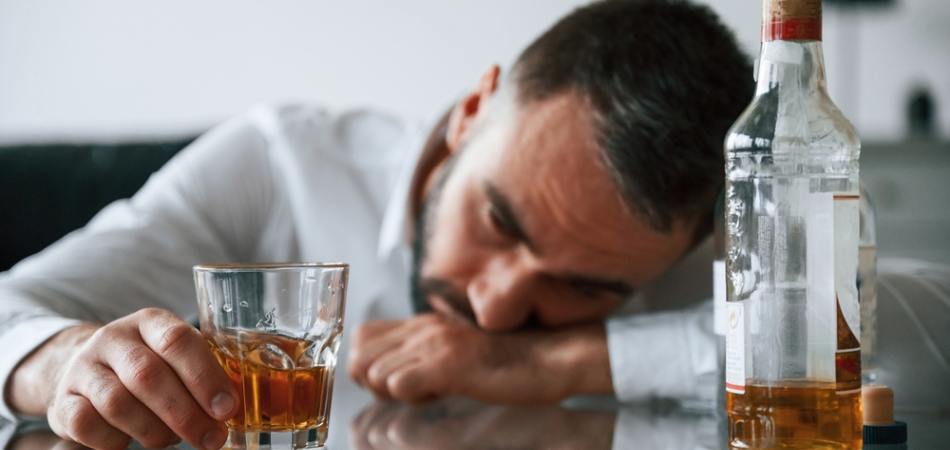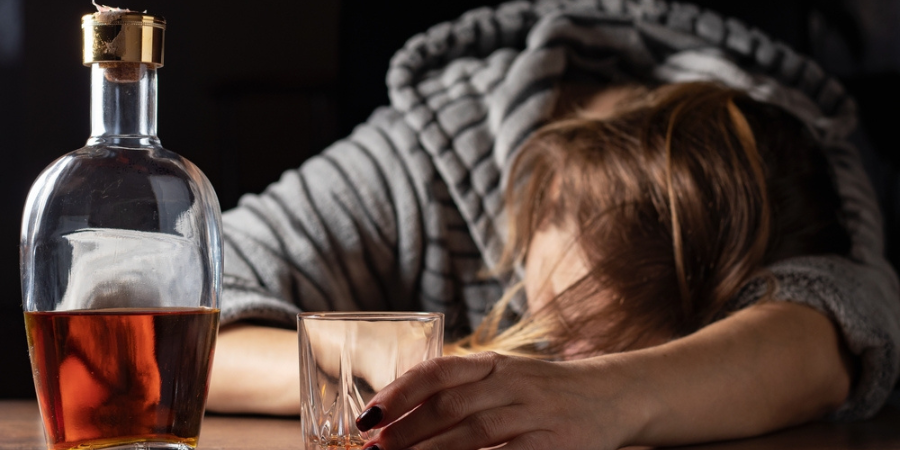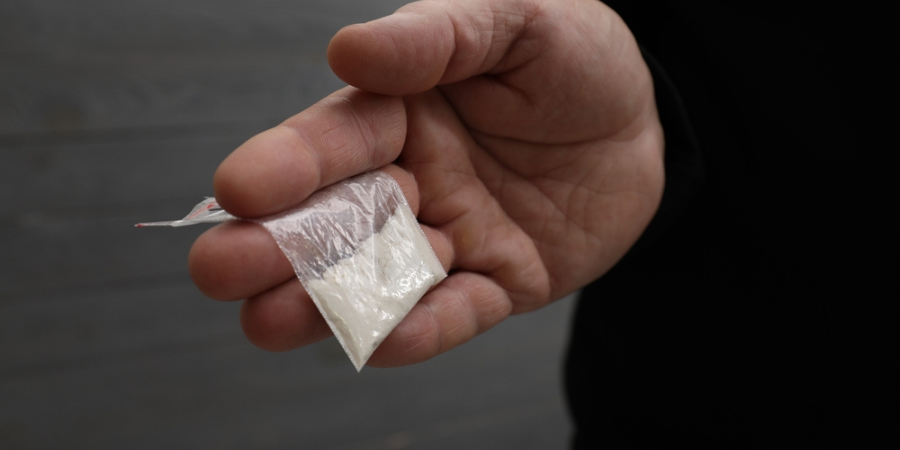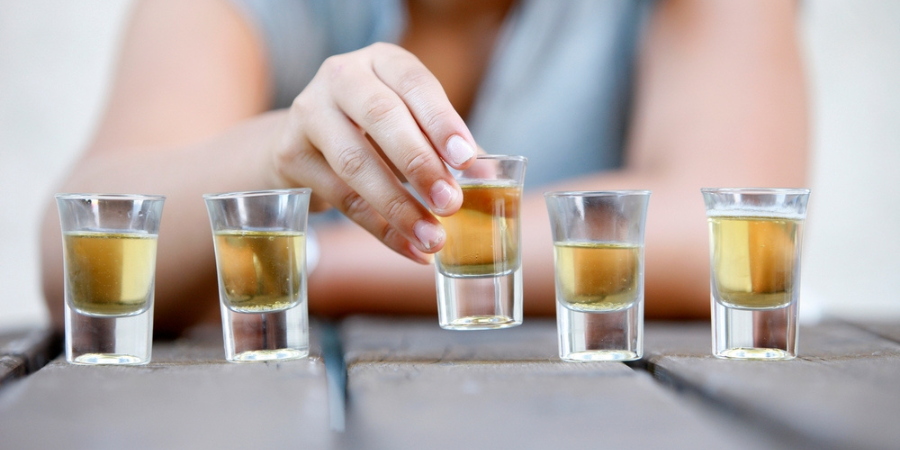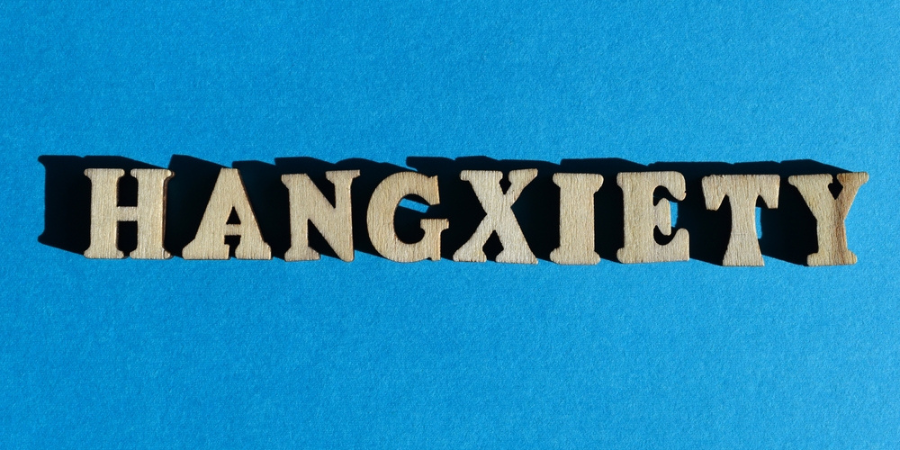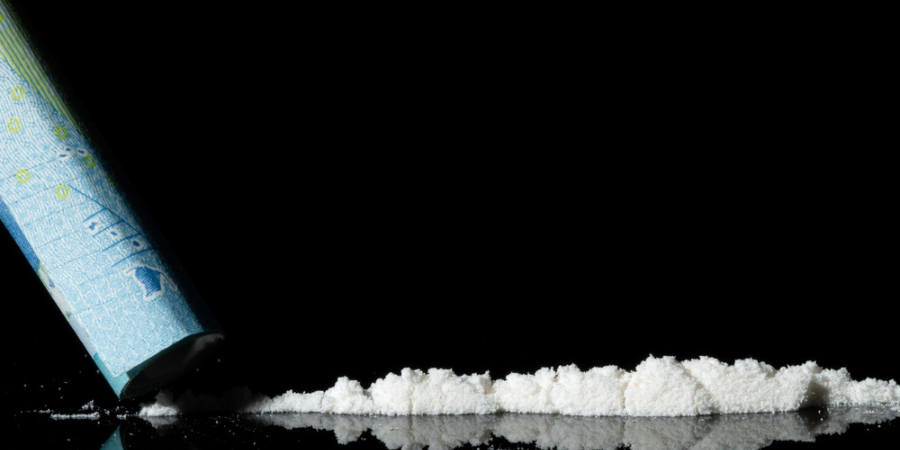Blog, Society
Jan 28, 2025
We’ve all experienced firsthand how alcohol can make people act in different ways. Some people are rel …
Blog, Society
Nov 22, 2024
Social media can be a double-edged sword for people in recovery. Social media is addictive in itself and can …
Blog, Society
Nov 12, 2024
You won’t be surprised to hear that one of the most common fears when it comes to stopping drinking is wheth …
Blog, Mental health
Oct 28, 2024
What is a comedown?
What goes up must come down.
The term ‘comedown’ is usually reserved for stimulant o …
Blog, Society
Oct 22, 2024
Detox retreats are a popular form of wellness tourism, combining scenic destinations with some wellness prac …
Blog, Recovery
Oct 14, 2024
Alcohol poisoning is an extremely critical and potentially life-threatening condition caused by consuming ex …
Blog, Society
Oct 08, 2024
Addiction has a shattering effect on the lives of the people it touches. Cinema can depict this sensitively …
Blog, Society
Oct 07, 2024
Chemsex refers to the practice of combining sex with certain drugs, primarily among men who have sex with me …
Blog, Medical advise & news
Sep 12, 2024
A recent consumer report by Kantar shows that 38% of UK adults are trying to lose weight. However, if yo …
Blog, Medical advise & news
Sep 04, 2024
Anyone who has ever drank to excess (or even just had a few drinks as we get older) will have experience …
Blog, Life and relationships
Aug 30, 2024
The decision to quit drinking is a profoundly personal one. You may have decided that alcohol no longer ha …
Blog, Society
Aug 19, 2024
In her book Dopamine Nation, psychiatrist and author Anna Lembke describes how addiction alters the bala …




